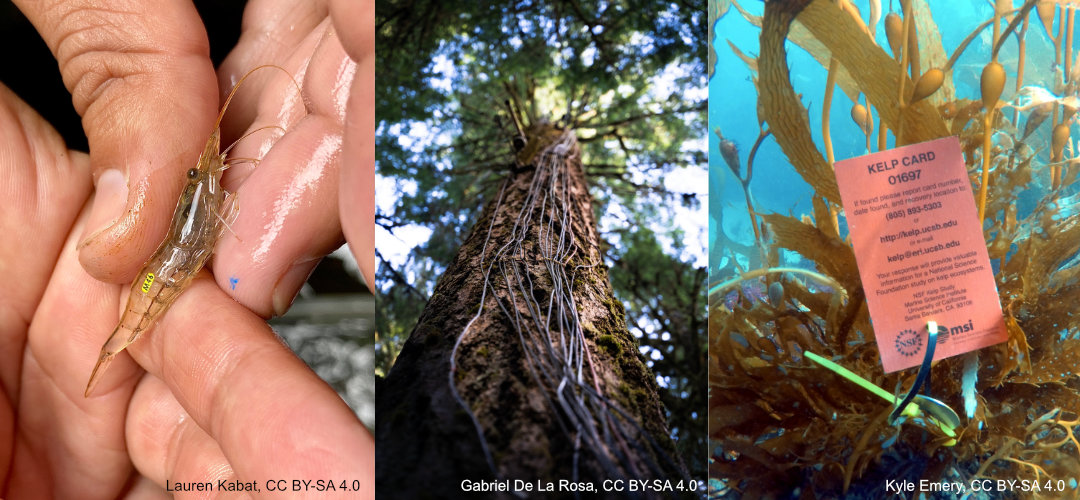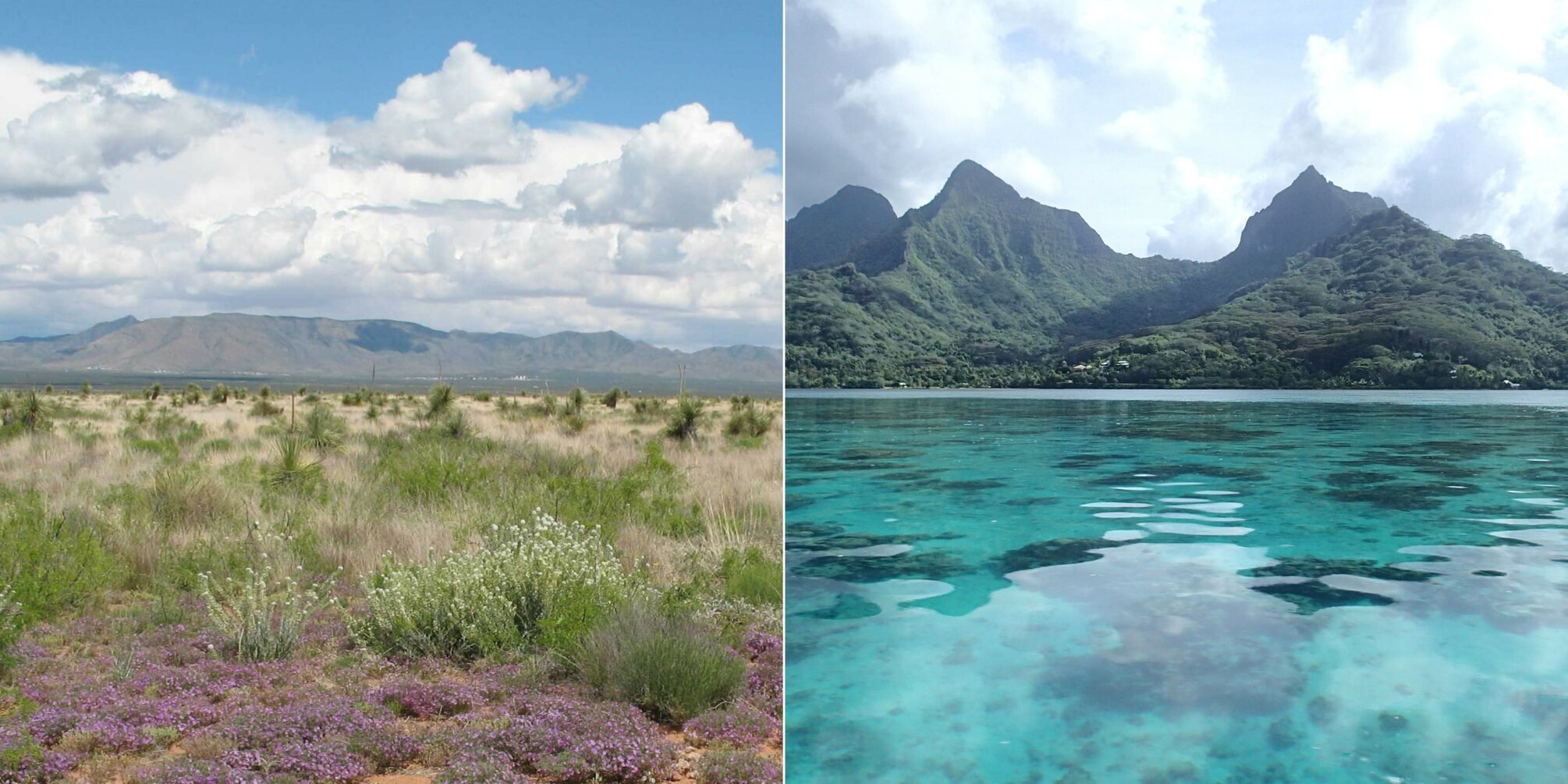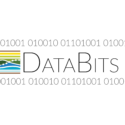
The LTER Network makes data available online with as few restrictions as possible. LTER data is reviewed for errors and inconsistencies and thoroughly documented so that it can be incorporated into broader comparative and synthetic studies. LTER Information Managers, stationed at each LTER site, work to ensure that LTER data is reviewed for errors and inconsistencies and thoroughly documented so that it can be incorporated into broader comparative and synthetic studies.
LTER data form the backbone of long-term ecological inquiry. Freely available data are used and reused many times over, often to answer unexpected questions years after their collection. And, data form the backbone of cross-site synthesis, both within the LTER network and beyond.
How to access LTER data
Environmental Data Initiative
The Environmental Data Initiative (EDI) is the main repository for LTER data. EDI is an environmental data repository that curates and maintains data from many environmental science research programs — especially those funded through NSF’s Division of Environmental Biology. It grew out of the information management systems and practices of the LTER Network and was established as an independent program in 2016.

Regional Repositories
LTER data are also available through disciplinary or regional repositories such as the Biological and Chemical Oceanography Data Management Office (BCO-DMO), the Arctic Data Center, the Dryad Digital Repository, and others. The most comprehensive search of public data at this time is available via the DataONE Federation, LTER member node.

Local Site Catalogues
Many LTER sites also have a local data catalog that includes LTER and non-LTER data, presented in a way that is most usable for site-based researchers. It may also include data that are not yet publicly available because it hasn’t been cleaned and documented or because manuscripts using the data haven’t yet been submitted to journals.

Credit: Jornada Basin LTER (right) & Moorea Coral Reef LTER (left), CC BY-SA 4.0.
Using LTER Data: Best Practices
We love it when LTER data can contribute to scientific discovery and environmental management in unexpected ways and we encourage researchers to cite LTER data using the Digital Object Identifier (DOI) associated with each data package.
When using data collected by another investigator, it is both courteous and wise to make direct contact with the investigator before incorporating the data into your analyses. Contact information and funding sources are available in the metadata associated with each data package.
The LTER Data Access Policy was last updated at the 2017 LTER Science Council Meeting. Guidelines for LTER information management systems were updated in Fall, 2017.
LTER Data Community
LTER Information Managers have a strong cross-site community, with weekly watercooler meetings to share all sorts of data management ideas plus formal meetings across the network. They also publish the DataBits Newsletter approximately twice a year, with updates on information activities at sites and deep dives into topics of interest to LTER and other Environmental Information Managers. All current and past issues are available in the LTER DataBits archive.
Recent DataBits Stories
LTER Site Information Managers
| Site Name | Data Manager |
|---|---|
| Andrews Forest LTER | Suzanne Remillard |
| Arctic LTER | James Laundre |
| Baltimore Ecosystem Study | Mary Martin |
| Beaufort Lagoon Ecosystems LTER | Tim Whiteaker |
| Bonanza Creek LTER | Jason Downing |
| California Current Ecosystem LTER | Marina Frants |
| Cedar Creek LTER | Dan Bahauddin |
| Central Arizona - Phoenix LTER | Stevan Earl |
| Coweeta LTER | |
| Florida Coastal Everglades LTER | Gabriel Kamener |
| Georgia Coastal Ecosystems LTER | Adam Sapp |
| Harvard Forest LTER | Emery Boose |
| Hubbard Brook LTER | Mary Martin |
| Jornada Basin LTER | Greg Maurer |
| Kellogg Biological Station LTER | Sven Bohm |
| Konza Prairie LTER | Yang Xia |
| LTER Network Office (UCSB) | |
| Luquillo LTER | Miguel Leon |
| McMurdo Dry Valleys LTER | Renée F. Brown |
| Minneapolis-St. Paul LTER | Mary Marek-Spartz (patt0335@umn.edu) |
| Moorea Coral Reef LTER | Hillary Krumbholz |
| Niwot Ridge LTER | Sarah Elmendorf |
| North Temperate Lakes LTER | Mark Gahler |
| Northeast U.S. Shelf LTER | Kate Morkeski |
| Northern Gulf of Alaska LTER | Chris Turner |
| Palmer Antarctica LTER | John Kerfoot |
| Plum Island Ecosystems LTER | Risa McNellis (rmcnellis@mbl.edu) |
| Santa Barbara Coastal LTER | Li Kui |
| Sevilleta LTER | Kris Hall |
| Shortgrass Steppe LTER | |
| Virginia Coast Reserve LTER | John Porter |

